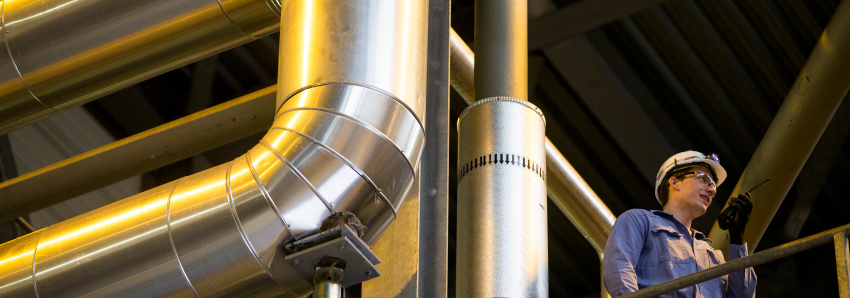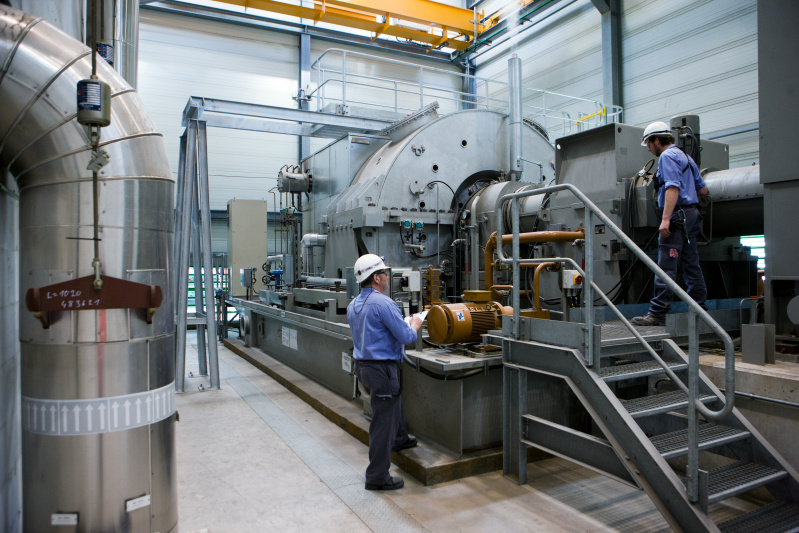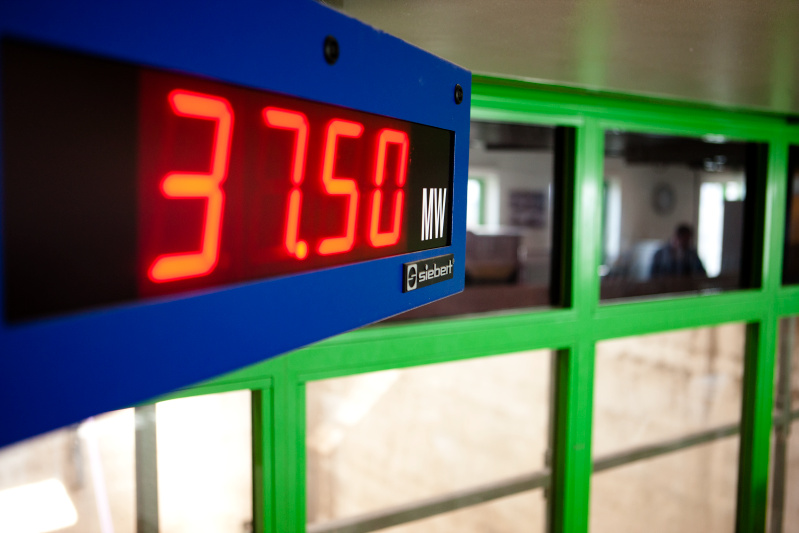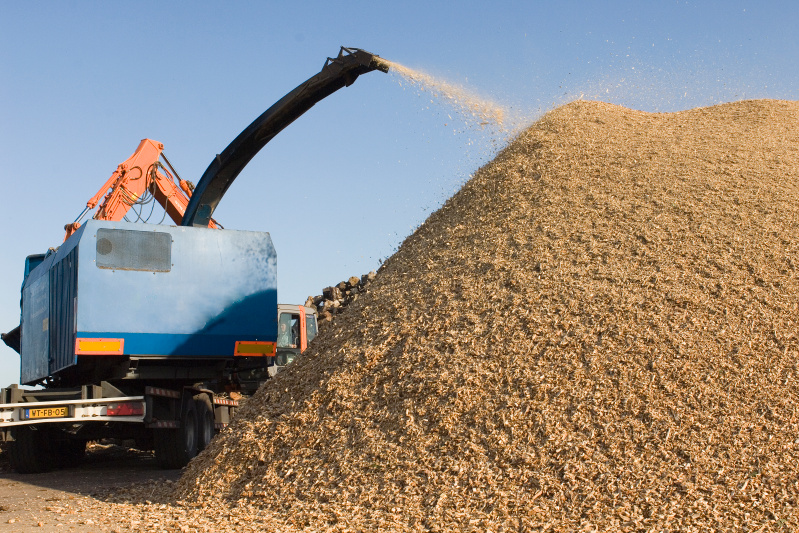Maximum energy recovery
Indaver: supplier of steam and electricity
Indaver uses innovative technologies to recover energy from waste. If all the energy recovered via the thermal treatment in the installations of the Indaver group were to be converted into electricity, this would equate to the average electricity consumption of 255,000 households. By 2020, Europe wants to reduce the emission of greenhouse gases by 20% in comparison to 1990. Energy consumption will have to decrease by 20%, and 20% of its energy will have to be sustainable energy. With its waste-to-energy strategy, Indaver contributes to this European climate policy.
Incineration installations = power stations
In spite of efforts to separate household waste as much as possible, there is always some residual waste. Waste-to-energy plants give value to this waste. Residual waste is incinerated in these plants. The heat that is created from this is then recovered and converted into energy. Incineration of waste combined with energy generation, also known as 'waste-to-energy', means residual waste can be used as an energy source. This sustainable energy generation is a valuable alternative to energy from fossil fuels. The energy we recover from waste incineration is used for our own installations and buildings and supplied to the electricity grid, or in the form of steam to neighbouring companies.
Biomass and biogas
Bio-organic waste has immense potential for green energy recovery. We recycle bio-organic waste into biomass, among other things. This is used as a renewable fuel in power stations. Digestion of bio-organic waste produces biogas, which can be converted into heat or electricity. Moreover, the waste in our landfills is a link in our waste-to-energy chain as we extract methane, with which we can generate energy.
Energy clusters
Indaver is continuously looking for new ways to use the energy it recovers during the thermal treatment of waste. One possibility is energy clusters, whereby Indaver’s plants supply heat to neighbouring companies and residential areas. Indaver considers green heat a lever to reduce energy consumption and CO2 emission and to increase the share of renewable energy. We are running several projects in the regions.
Processing hazardous waste safely
Industrial waste can pose a threat to people and the environment in some cases and must be incinerated. Indaver has a lot of knowledge about the treatment of chemical and pharmaceutical residual waste streams that cannot be recycled. Safety and the careful, complete destruction of this material are the highest priority for Indaver. For that purpose, we have specialised rotary kilns in Antwerp, Biebesheim and Hamburg that can neutralise hazardous or harmful components and recover energy. Hence our rotary kilns are important links in the circular economy, because they help keep the product and material chains clean and safe.




